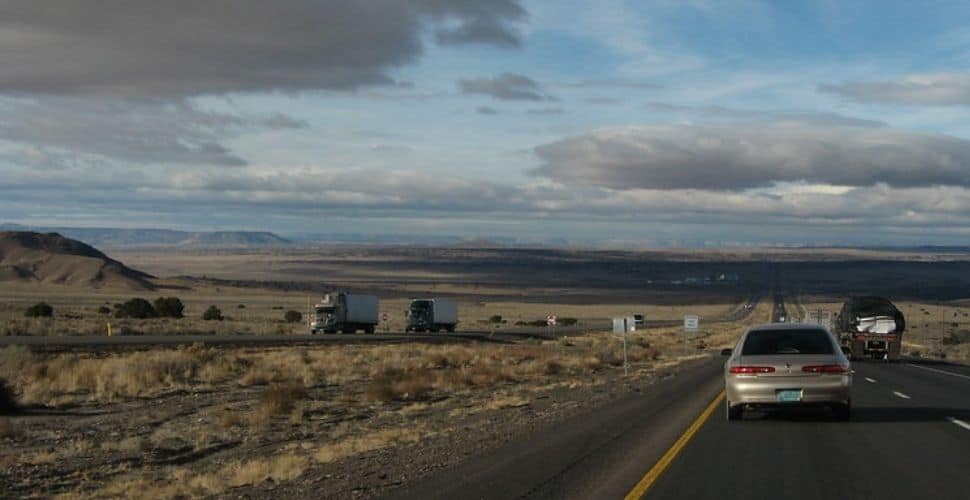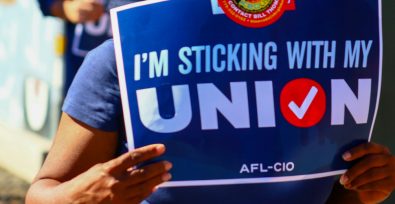The migration route from Central America through Mexico and into the U.S. can be fraught with danger for people on the move. Some end up trafficked into exploitative situations in Mexico, coerced by false job offers that promise a more stable life.
“You don’t know if you’re going to arrive alive”
One teenager shared her experiences of leaving Honduras with the intention to reach the U.S. where her aunt lived. After paying a smuggler $4,000 to help her cross into the U.S., she only made it as far as Mexico where her smuggler abandoned her.
She was offered a job as a waitress but it turned out to be fake. In reality, she was forced into sex work. After weeks of this ordeal, she managed to escape. Speaking about her migration route she said, “It’s very risky and dangerous because you don’t know if you’re going to arrive alive or without a leg or an arm. Sometimes they kill you, kidnap you, rape you. There’s everything on that road.”
Migrants made vulnerable to trafficking
According to Mario Cordero Véjar, head of UNODC’s Program on Crime and Drugs, at least 25% of human trafficking cases involving women and girls are migrants. Many migrants who experience trafficking en route to their destination or once arrived, may never even report their ordeal so the true number could be higher.
Safe migration routes are necessary to prevent people on the move from being forced to rely on traffickers to help them cross borders, where they then risk ending up in conditions of modern slavery.
Trafficking of indigenous peoples
Within Mexico, it’s not just migrants who are at risk of trafficking. Indigenous people are recruited from the south of the country in places like Chiapas and Oaxaca, with attractive job offers. They are then taken to the north to do tough agricultural work. “They are people who don’t speak Spanish, or speak very little, and they don’t have documents, but they live in extreme poverty and their only chance is to work in a field for more than 14 hours,” said Mario Cordero Véjar, head of UNODC’s Program on Crime and Drugs.
Non-governmental organizations reported that authorities at all levels lacked the necessary knowledge of trafficking laws and failed to effectively identify and refer potential victims, contributing to the low numbers officially recorded.
Various investigations indicate that the groups most likely to be victims of trafficking schemes in Mexico are Indigenous people, people with disabilities, members of the LGBTQ+ community, informal sector workers, youth from gang-controlled territories, and asylum seekers and migrant people.
An intersectional analysis of human trafficking in Mexico is necessary to ensure trauma-informed and culturally competent support services are available to victims and survivors. For indigenous populations who have been historically marginalized with intent by the state, greater efforts to meaningfully engage with these communities must be undertaken to build their resilience to trafficking and exploitation.
More needs to be done
Teresa Ulloa, director of the Coalition Against Trafficking in Women and Girls in Latin America and the Caribbean expressed her concern over the slow progress in addressing human trafficking in Mexico: “Unfortunately, the issue is not on the public agenda of this government. We should have the national plan to prevent, punish and eradicate human trafficking, which is from 2019, but we do not have it.”
A lack of clarity around what support trafficking victims can expect to receive if they support their crimes may prevent migrants from coming forward as they risk being criminalized for immigration offenses and deported.







Freedom United is interested in hearing from our community and welcomes relevant, informed comments, advice, and insights that advance the conversation around our campaigns and advocacy. We value inclusivity and respect within our community. To be approved, your comments should be civil.